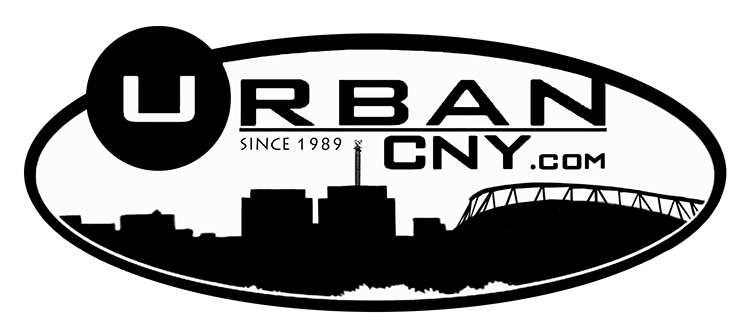Getting a credit card to cancel your debt or reduce it, lifts a huge burden off you and your family. Before you breathe a sigh of relief, you need to know the IRS considers that debt reduction, taxable income.
Exactly what is debt settlement or debt cancellation? If you borrow or charge money or merchandise from a lender or creditor and that lender or creditor cancels or forgives the debt. For example, let’s say you have a $3,000.00 debt you owe a particular company. We’ll call that company ABC credit. For whatever reason, you failed to pay ABC credit. ABC credit offers you a deal to settle (pay) $1,500.00 of that $3,000.00 debt. The $1,500.00 that you did not have to pay is considered debt relief or debt forgiveness.
At the end of the year, ABC credit company will send you a 1099C form that shows the $1,500.00 as income. We like to call this invisible money because it is not tangible, you cannot see it, you cannot deposit it in your bank account. Does the IRS care that you never actually received this money? Of course not. Their only concern is that you pay the taxes on that $1,500.00. If you could not afford to pay the original debt, why would the IRS think you can pay the taxes on so called income that you never received? Nice way to kick them while their down.
The IRS considers the amount of reduction of the original debt as income if it is over $600.00. So, the above example of $1,500.00 will either increase your tax bill of reduce any refund that you are expecting to receive.
You see, when personal debts are reduced or cancelled by the creditor, the amount forgiven or reduced is treated as income by the IRS. To make matters worse, the creditor is required by law to report the amount that was cancelled or reduced to the IRS. There is no way around it.
Homeowners are protected, thanks to the Mortgage Cancellation Tax Relief Act of 2007, which allows homeowners to exclude income from debt cancellation on their principal residence. No such luck for those with credit card or consumer debt.
Cancellation of a debt is not always taxable income. Common situations when cancellation of debt is not considered taxable income include:
1. Bankruptcy. Debt discharged through bankruptcy are not considered taxable income.
2. Insolvency. If you are insolvent when the debt is cancelled, some or all of the cancelled debt may not be taxable to you. What makes a person insolvent? You are insolvent when your total debts are more than your total assets. The IRS just does not take your word that you are insolvent, you must provide documentation (bank statements etc). You see, insolvency is somewhat complex to determine and you may need a tax professional if you feel you qualify for this particular exception.
3. Farm debt. If your debt was incurred directly in operation of a farm, more than half your income from the prior three years was from farming.
4. Non-recourse loans. A non-recourse loan is a loan in which the lender’s only recourse in case of default is to repossess the property being financed or used as collateral.
Before you consider debt settlement or debt reduction, make sure you understand that the IRS considers them both sources of income when the amount is over $600.00. If this is not enough, think about what debt reduction and debt settlement does to your credit score – it plunges to an all time low.
You ask, what is your recourse? Never take on more debt than you can afford to pay back. And if you must take on debt, make sure it is not something that will disappear in a month. Examples: groceries, fast food, gas, toiletries, etc. If you are putting items such as these on your credit card, it is time to reassess your financial position or lack thereof.
Be sure to tune into our radio program, Improving Your Credit Worthiness on WSIV 1540 AM every Wednesday from 2 – 2:30pm. Call us at 315-446-3294 to schedule a workshop or seminar for your church, group or company. For more credit tips please visit our website: http://www.yourcreditworthiness.org
James and Barbara Peterson









